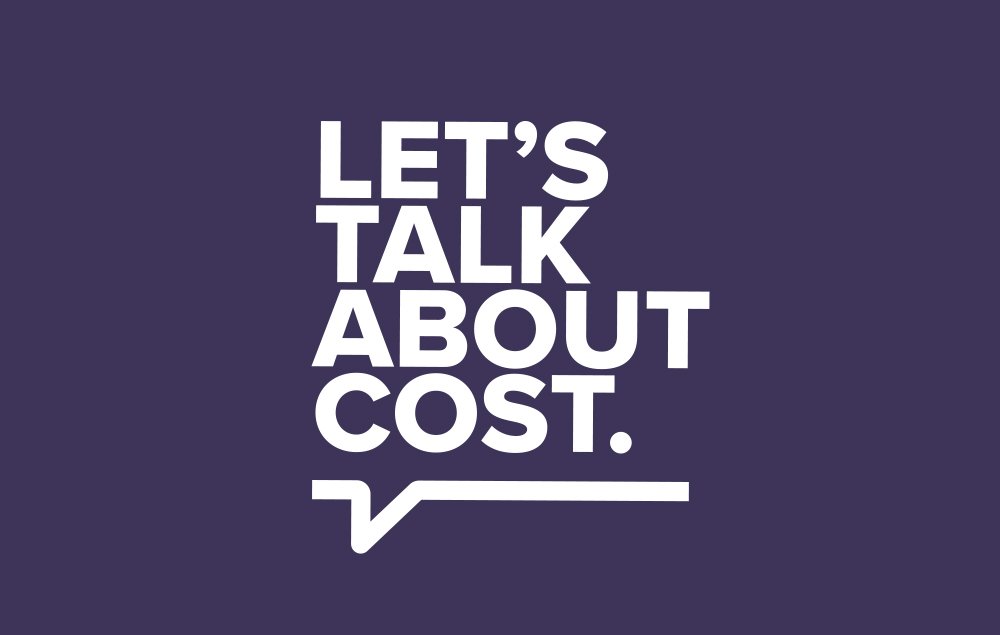In the midst of increased financial insecurity for Americans due to the COVID-19 pandemic, it is shocking the Administration finalized a policy change in the 2021 Notice of Benefit and Payment Parameters allowing insurers and pharmacy benefit managers (PBMs) to make it harder for patients to have manufacturer cost-sharing assistance count towards their out-of-pocket caps for medicines.
The Department of Health and Human Services’ (HHS) reversal of its own decision – made just last year –to require health plans to count cost-sharing assistance toward out-of-pocket caps is at odds with the Administration’s goal of improving patient affordability. The rule is problematic for many reasons:
- The rule allows health plans to use accumulator adjustment programs to exclude the value of cost-sharing assistance from patients’ out-of-pocket maximums even when no medically appropriate generic alternatives are available. This may lead to thousands of dollars of unexpected costs for patients at the pharmacy counter.
- This rule greenlights the practice of health plans not counting cost-sharing assistance toward deductibles and maximum out-of-pocket limits. In 2018, a survey of health plans found that 28% of enrollees in the commercial market were in plans that had implemented this practice.That same survey showed that the number of enrollees in such plans would nearly double in the future, and it’s likely that this trend will continue unabated.
- When plans start excluding the value of cost-sharing assistance, prescription abandonment, poor health outcomes and unnecessary medical spending can result. In 2017, researchers found that excluding the value of cost-sharing assistance for specialty autoimmune medicines was associated with reductions in medication adherence for patients in high-deductible health plans.
- Under HHS’ interpretation of Internal Revenue Service rules, patients may lose their ability to contribute to health savings accounts if their high-deductible health plan doesn’t implement an accumulator adjustment program. This continued ambiguity puts millions of patients at risk of not being able to use their HSAs or being enrolled in plans that do not count cost-sharing assistance.
Instead of increasing patient costs, the Administration should prioritize solutions that improve patient affordability, like lowering patient cost sharing, reforming the rebate system and requiring plans to count cost-sharing assistance toward out-of-pocket limits rather than excluding it from these calculations. Learn more at www.letstalkaboutcost.org.



